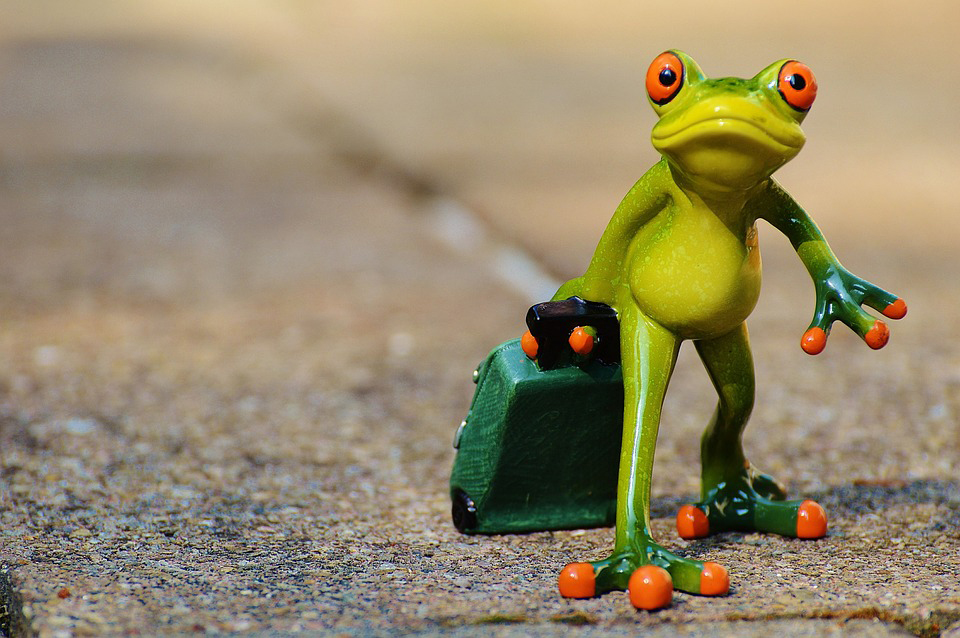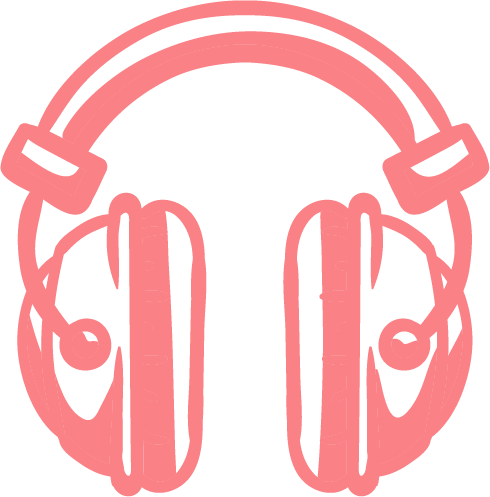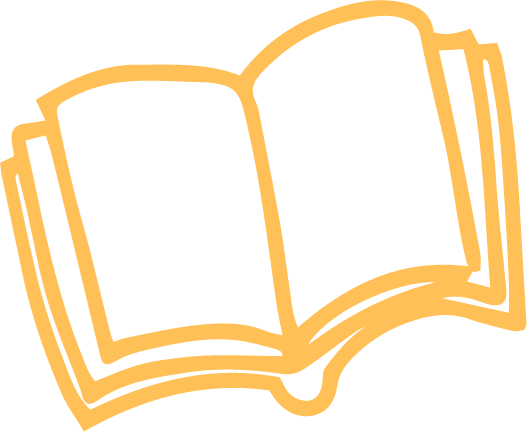Now think about five things that you did in your last vacation.
This topic aims to show you how to use Wh-Questions in situations and events in the past. You will ask about someone's last holidays to get information. Then you will practice Wh-Questions in the four skills, and finally, you will make questions using Wh-Questions.

(s. a.). (s. f.). [rana] [gráfico] Tomada de: [https://pixabay.com/es/rana-despedida-de-viaje-897418/
By the end of this topic you will:
• Express yourself by announcing WH-Questions in its grammatical form to request information about past events and situations.
Wh. Questions |
Meaning |
Examples |
What |
Objects, things or ideas |
What did you do? |
Where |
Place |
Where did you go? |
When |
Time |
When did you arrive? |
Who |
Person |
Who did you go with? |
How |
Manner |
How did you get there? |
Why |
Reason |
Why did you have holiday? |

(s. a.). (s. f.). [Pregunta] [gráfico] Tomada de: [https://pixabay.com/es/pregunta-problema-creo-que-622164/
Remember that What can be followed by a noun:
What time did you get up?
How can also be followed by an adjective or adverb:
How big was the house?
How fast did she run?
How long did you stay?
It is also very common to use How with much and many:
How much money did you spend?
How many souvenirs did you buy?
Wh-questions ask for information and we do not expect a yes-no answer to a wh-question. We expect an answer which gives information:
Example:
Where did you go last vacation?
I went to Cancun
It is important to figure out the following order:
Wh. Questions + Auxiliary (did ) + Subject + Verb in present?
Activity 1
Every WH Question is used to get information about different situations, such as your last holidays. On this activity, you will practice the grammar structure of WH questions by making them.
Write the appropriate Wh question to complete the sentences. You have two attempts to answer the exercise. You can know your score at the end of the exercise.
Activity 2
Rearrange the following words to make questions. You have two attempts to answer the exercise. You can know your score at the end of the exercise.

Activity 3
While someone else is describing an event or situation, it is very important to identify what kind of information you want to obtain so you can form the correct WH-Question.

(s. a.). (s. f.). [Playa] [gráfico] Tomada de: https://pixabay.com/es/para%C3%ADso-pintura-playa-vacaciones-1110498/
Do you remember your last vacation? In the following activity you are going to listen to the story about James’s uncle and aunt´s vacations so you can practice the WH-Questions.
If you don´t know certain word please go to: http://dictionary.cambridge.org/
Well, now choose the most appropriate option for the following statements. You can know your score at the end of the exercise.

Activity 4
Besides using WH questions, it is also important to identify its context in a text.

(s. a.). (s. f.). [cielo] [gráfico] Tomada de: https://pixabay.com/es/oc%C3%A9ano-cielo-azul-calma-tranquilo-828774/
Now, you are going to read a letter about a holiday so you can understand Wh-questions inside a written story.
You have two attempts to answer the exercise. You can know your score at the end of the exercise.

Activity 5
When trying to get information about an event or situation, it is essential to practice some aspects about the way we speak.
To recognise the grammar structure of WH questions, you need to record your voice while answering the following questions:
My last vacation
Listen to the example.
Once you have recorded yourself, listen to your recording and evaluate your development according to the following rubrics. If necessary, you can record again.

Activity 6
Remember, Wh-questions are used to ask about events or situations in the past about places, people, time, objects, manners and reasons.
In this activity, you are going to write one or two paragraphs about your last holiday by providing information related to WH-Questions.
Read the following example, so you have a guide to do this task.
Example
On my last holiday, I went to Puerto Vallarta with my friend Luis. I went in March because I wanted to see the whales.
We did not want to fly there, so we decided to drive. It was a great decision because the trip was nice and we made some stops on the way to visit some places.
We stayed at a hotel near Nuevo Vallarta. The view was excellent. From the balcony, I could see the whales, so I was fascinated.
During the day we went to the town to see the sand sculptures, and one night we went on a cruise.
We stayed there for one week.
The weather was hot, and we got sunburned.
Puerto Vallarta is fantastic, and we want to go back there soon.
When you finish, evaluate your development using the following rubrics:
Finally, read the information. Then, drag with question words to complete the information about Peter and Katy’s last holiday. At the end of the exercise, you can check your answers.

Pixabay. (2017). Pareja de enamorados [fotografía].
Tomada de: https://pixabay.com/es/pareja-de-enamorados-1031744/
Drag the different options to the appropriate spaces to complete the sentences. You have two attempts to answer the exercise. You can know your score at the end of the exercise.
Beaumont Digby. (1992). The Heinemann English Grammar. Great Britain: Bath Press
John and Liz Soars. (2012). New Headway Elementary Student´s book. United Kindom: Oxford.
Hewings, Martin. (1999). Advanced Grammar in Use. United Kingdom: Cambridge University Press
Douglas Brown. (2007). Teaching by Principles. US: Pearson